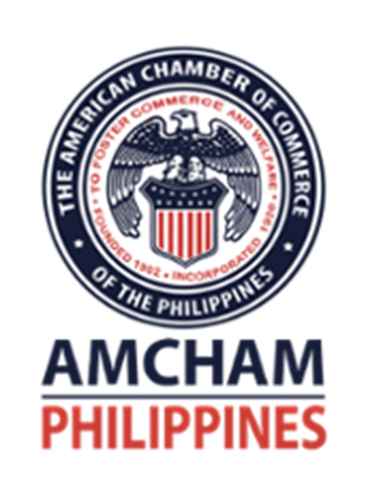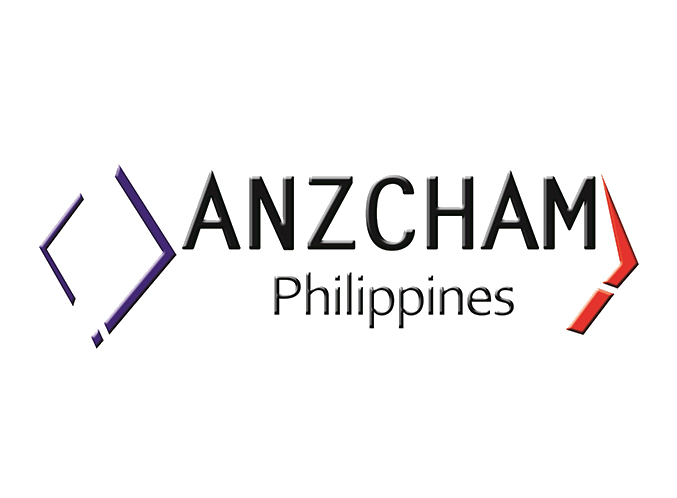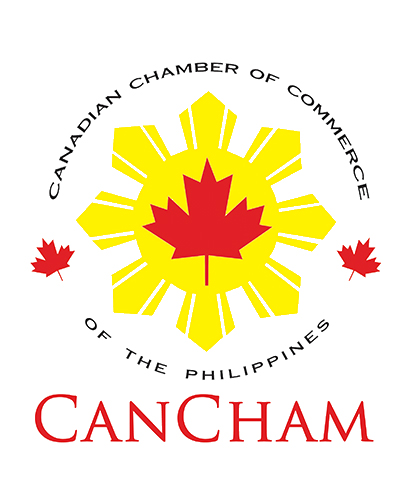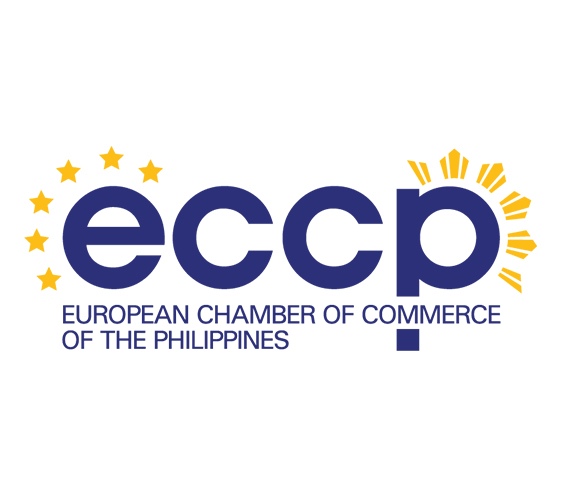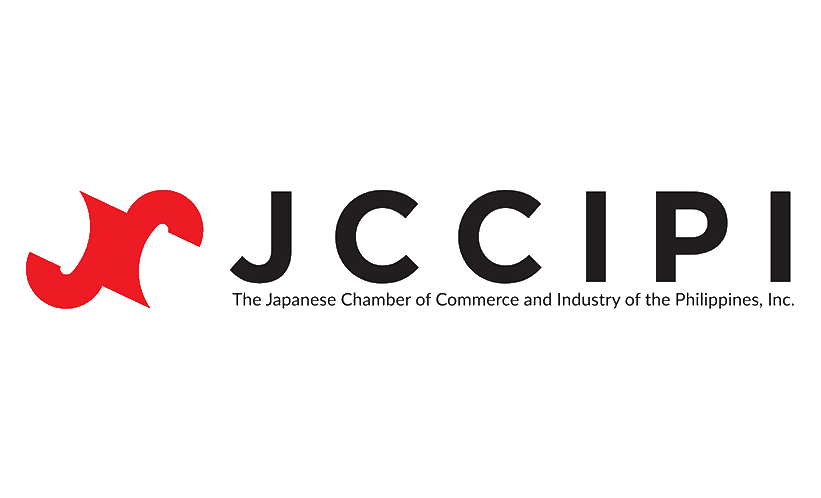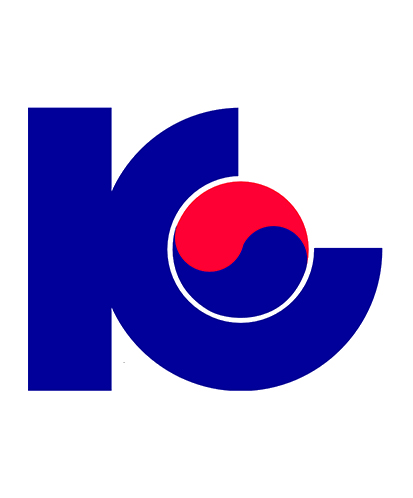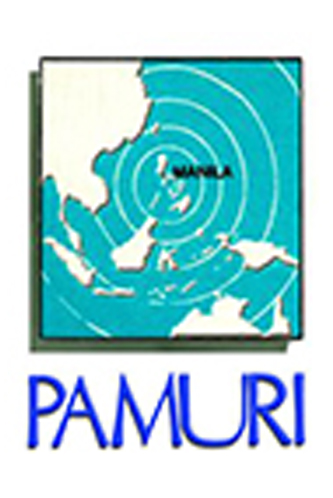[OPINION] Not business-friendly
November 6, 2017 at 12:30
Not business-friendly
Last year it took an average of 28 days to start a business in the Philippines – an improvement from the 49 in 2003. During the same 13-year period, the average number of start-up procedures required (there are no uniform requirements among local government units) barely improved, from 17 to 16.
Any improvement is welcome news. The National Competitiveness Council has been hard at work trying to make it easier to do business in our country. But the mission is daunting.
In the latest annual Doing Business Report, released on Oct. 30 by the World Bank Group – International Finance Corp., the Philippines dropped from last year’s 99th spot to 113th among 190 economies. This year’s methodology was different, and the country’s fall wasn’t for lack of trying, but other economies implemented more reforms.
Let’s compare ourselves first with the perennial achievers. New Zealand topped the global list, requiring an enviable one day and one procedure to start a business. In 2003, the average number of days required in that country was 12 and there were two start-up procedures.
For the rest of the world’s 10 best, here they are, with the number of days followed by procedures required to start a business as of 2016:
Denmark (3, 4); South Korea (4, 2); Hong Kong (2, 2); United States (6, 6); United Kingdom (5, 4); Norway (4, 4); Georgia (3, 3) and Sweden (7, 3). These economies did well in the other indicators, which in the final tally put them ahead of Canada (2, 2) and Australia (3, 3).
For Southeast and East Asia, here are the figures: Brunei (15, 7); Cambodia (99, 9); China (29, 9); Indonesia (25, 11); Japan (11, 8); Laos (67, 8); Malaysia (19, 8); Mongolia (6, 5); Myanmar (13, 11); Nepal (17, 7); Thailand (26, 5); Timor-Leste (9, 4) and Vietnam (24, 9).
For certain other Asian countries, Afghanistan requires only three start-up procedures; Bangladesh, 9; India, 13, and Sri Lanka, 7.
In Iraq, it takes an average of 35 days and nine procedures to start a business. There are only nine steps as well in Somalia, and 14 in Ethiopia.
Perhaps we can take some pointers from India, which drastically cut the number of days to start a business from 123 in 2003 to 26 last year. Indonesia also cut down the days from 181 to 25.
The Philippines is performing below average in every grouping. Globally, the number of days for opening a business has gone down from an average of 52 in 2003 to 21 last year, with the number of start-up procedures down to 7 from 10 in the same period.
In the East Asia-Pacific, the latest averages were 21 days and 7 procedures; excluding the high-income economies, the figures are 27 and 8. For middle-income economies, the figures are 25 and 8; for low and middle-income, 25 and 7.
* * *
Compare those figures to the Philippines’ 28 days and 16 start-up procedures, and you can’t help asking what we’re doing wrong. Some entrepreneurs might even challenge the figures for our country, where the process could crawl along for a year and the number of procedures could be triple or quadruple those 16 steps – especially if the business competes with the family enterprise of the local political warlord clan.
President Duterte made the right pronouncements about not keeping the public waiting more than three working days to obtain government permits and other documents. But those who benefit from red tape and inefficiency because of the grease money generated keep finding ways to maintain the status quo.
Perhaps Duterte could peel himself away from defending his controversial war on drugs and creating unnecessary enemies and instead focus more on making the nation more business-friendly and competitive. Besides red tape, our business environment itself is designed to be kind mainly to the .001 percent – a segment for which Duterte claims little fondness.
I’ve heard official noise about encouraging overseas Filipino workers to invest their savings in businesses in their own land. But starting a business in this country can be so daunting that the average OFW would likely give up and decide to just keep working overseas forever. Unless the OFW has the right connections at city hall and the barangay and, depending on the business, at Customs. In this season of merriment, shipments are again piling up at Manila’s container port as Customs personnel feed their need for Christmas joy.
Only the well-connected – the relatives and cronies of those in power – find it easy to do business in the Philippines. Even setting up shop in a mall can drive an OFW turned budding entrepreneur to suicide – or homicide.
* * *
At the upcoming business meetings on the sidelines of the Association of Southeast Asian Nations leaders’ summit, there will be discussions on encouraging the growth of micro, small and medium enterprises.
Our society and systems, however, are designed to benefit big business, unlike in other countries where “micro” and “small” enterprises live up to their name and get genuine state protection and support, with strong incentives for innovative start-ups.
Even our traditional sari-sari or neighborhood convenience stores and panaderias are slowly but surely being killed by big operators both local and foreign, which enjoy almost bottomless capitalization provided by their own private banks or by their governments.
Anti-trust laws and those governing DOSRI or bank directors, officers, stockholders and their related interests are brazenly violated, with regulation almost non-existent. No one looks after the real micro entrepreneurs in this country.
Even major foreign investors are complaining – and taking their money elsewhere. We have to remember that we’re competing with neighbors with better infrastructure (including faster internet), lower power costs, more flexible labor rules, better regulation and stronger rule of law, more efficient logistics, and much more liberal rules on foreign ownership.
Countries such as China became prosperous because they focused on a state’s most precious resource: its human capital. All efforts were geared toward making the people healthy, wealthy and wise, as Benjamin Franklin put it. Creating wealth means focusing on creating jobs, which calls for luring investors and implementing labor-intensive state projects.
The effort requires making it easy to do business. Our neighbors are doing it better, leaving our country behind.
Source: https://www.philstar.com/opinion/2017/11/06/1756123/not-business-friendly






















